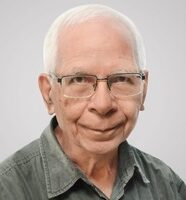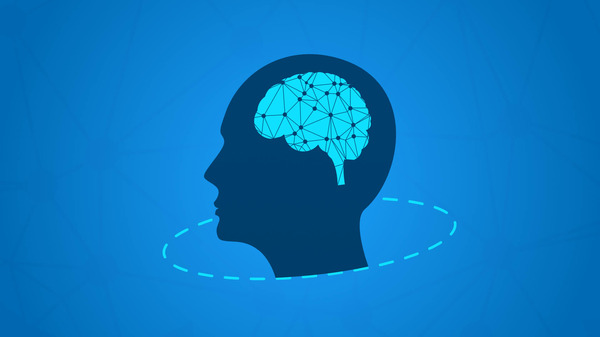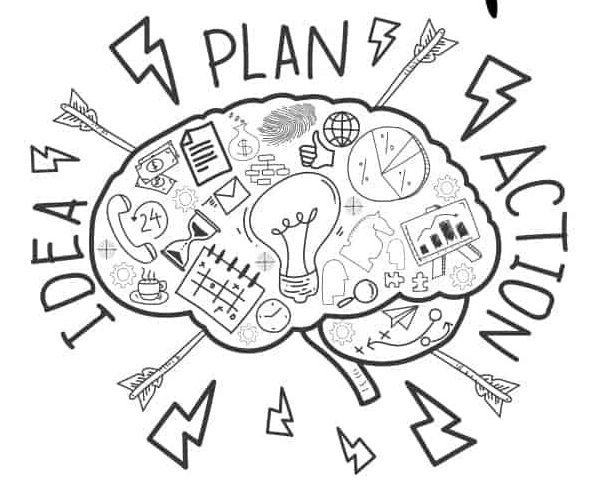The all-pervasive negative powers being very powerful, several currents & cross currents within us, and similar forces all around machinate against our staying healthy. That is a big challenge we must understand and address before it is too late. Let us begin with what we essentially are.
It is only with a sound mind and a sound body that individuals grow, thrive, and achieve the desired results. So do the communities and nations. Between the two, mind has a bigger role in one’s well-being because the body does what the mind really wants. So, health is more an issue of mind than body. “Your body hears everything your mind says”, said Naomi Judd.
The real self: The spiritual in man is one’s true self; it is this aspect that aligns man with higher powers. With death, the physical contents disintegrate and assimilate with four basic elements: earth, water, fire, and air while the spirit merges with the universal consciousness or supreme soul, Parmatma (param= ultimate plus atma= the soul).
Thoughts, feelings, and emotions distinguish man from other creatures. Mind & heart together is the seat of all we know, understand, perceive, think, believe, and feel; something whose precise mechanism and permutations remain elusive to humans. “Mind is everything. Muscle – pieces of rubber. All that I am, I am because of my mind,” said Paavo Nurmi. The mind-soul duo is a bridge of sort align us with the higher powers. Scriptures of all faiths concur with it. Similar sentiment was conveyed by Kahlil Gibran: “… thought is the bird of space [Brahmand], that in a cage of words [mundane world] may indeed unfold its wings but cannot fly.”
Keeping healthy is our duty: Considering the vital role of staying in good health, Hindu scriptures linked it to observance of religious duty: “The body is just a modality in achieving the religious objectives to make life meaningful”. In same vein, Buddha said: “To keep the body in good health is a duty, else we shall not be able to keep our mind strong and clear”.
Syncing with Nature: When a disciple asked Lao Tzu how he maintained his fitness, agility, and happiness despite age, he said: “I eat when I feel hungry, and sleep when I so feel.” The disciple was confused: “That is what everybody does!” It is said, Lao Tzu retorted with a vociferous guffaw implying that people hardly lead a carefree, relaxed life and therefore render themselves vulnerable to numerous sufferings.
The nature, quantum, timing of the stuff we consume matter
The nature of stuff we feed our mind and body with, its quantum, timings, the way we ingest it, all have bearing on our health status. We are often oblivious that vegetables, fruits, and cereals cultivated and available in our geographic and climatic environs provide us the best nourishment. Further, most foods retain maximum nutrition with minimal seasoning or processing.
The quantum: There is enormous misunderstanding about the essential quantity of daily food intake. For one, more is not better. We are witness to persons surviving on scant non-cereals for decades; some do with handful of cereals, even in raw form, for all their energy needs for many days in row. And mark, they are not less healthy than others taking normal meals. This can be explained by mass-energy convertibility theory that implies that a miniscule of food is sufficient to sustain an individual for long periods. Isn’t it travesty of food scientists’ concept of recommended dietary allowance (RDA) that lays a specified quantity of carbohydrate, fat, protein, vitamins, and micro-nutrients as essential?
Apropos of great Jain monk Tarun Sagar who would take just a palmful of food or whatever in one go for entire day to keep his hectic day going. Modi-Yogi are not exceptions whose modest food intake defies the RDA theory. When taken in acceptability mode with cool and gratitude towards the entire chain – God, the farmer who produced it, the intermediaries who processed and sold it, onto the house lady who prepared and served it – the food in whatever quantity is totally absorbed by the body to provide nutrition we need.
A consumeristic culture warrants over emphasis on palatability, and variety. Such culture dictates, inter alia, what, how much, and in what novel ways we ought to eat & drink on specific occasions. Markets also suggest, rather allure the venue and modalities of celebrations.
[To be continued]
… … … … … … … … … … … … … … … … … … … … … … … … … … … … … … … … … … …





“Dane dane pe khane wale ka nam likha hai.” Every grain comes with name of consumer on it.
In Kerala when someone dies we say “Ari mutti” i.e he has exhausted his alloted rice. Which leads to the relevance of the saying, “The half you don’t eat does as much good as the half you eat”. Our previous generations were healthy because they ate frugally of what they grew themselves or was available locally.
Thanks for your comments, dear Sir!
Food for the thought… Many congratulations, Sir!